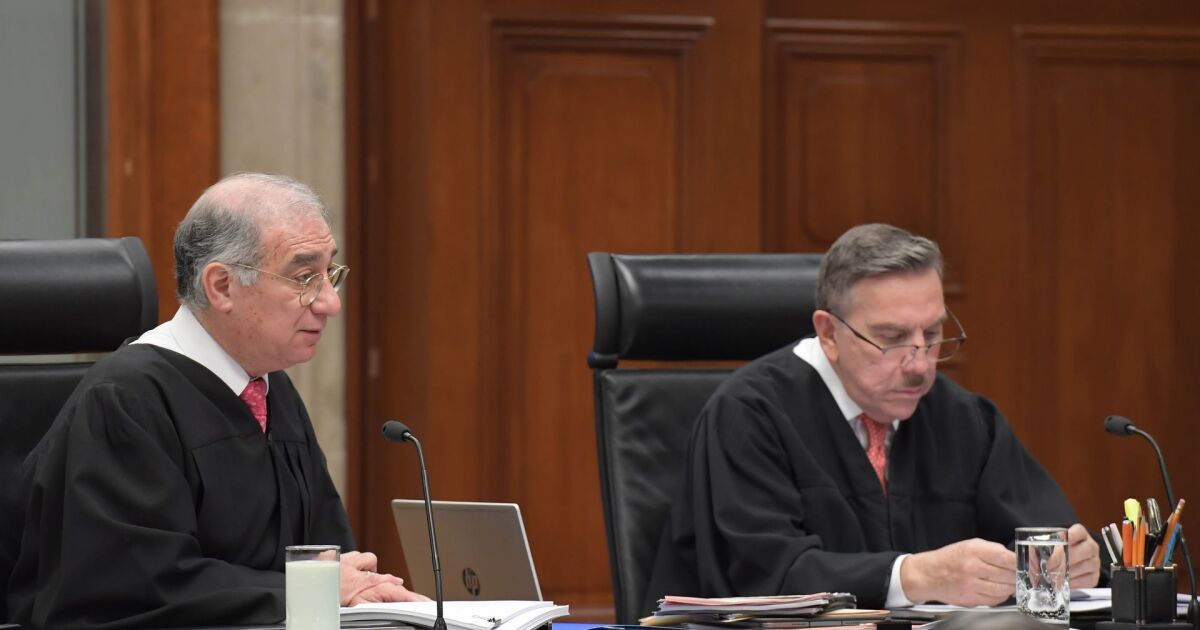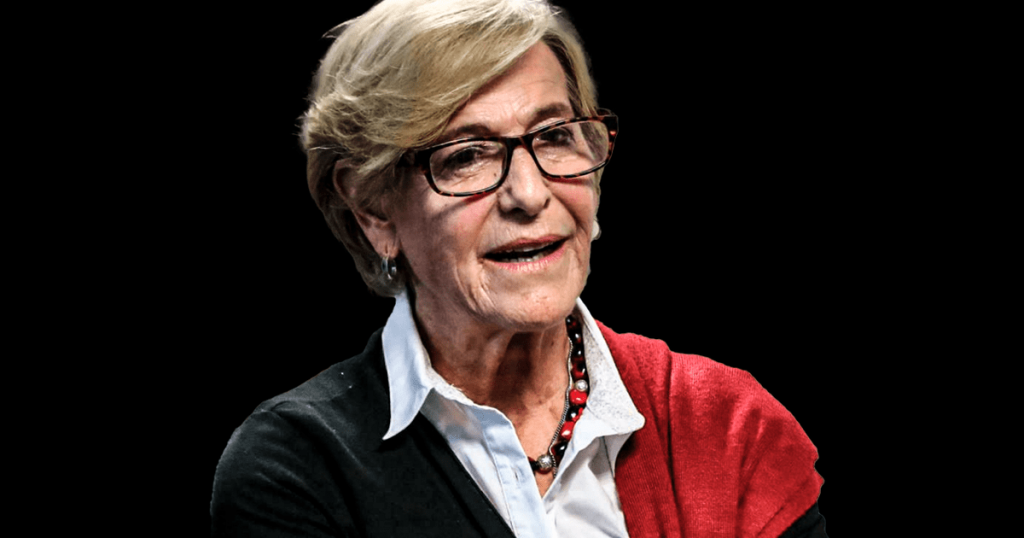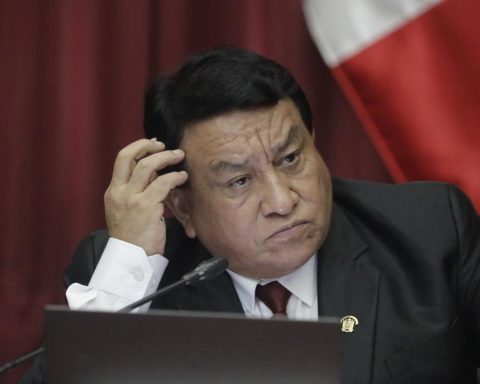At that time, in response to the declaration of unconstitutionality of the electrical reform, the Morena bench of deputies announced the presentation of a demand for impeachment against Minister Alberto Pérez Dayán. In the end the process was fruitless.
Dayán was appointed during the six-year term of President Felipe Calderón, along with his peers Arturo Zaldívar Lelo de Larrea, now retired minister, (2009); Luis María Aguilar Morales (2009), Jorge Mario Pardo Rebolledo (2011), and Alfredo Gutiérrez Ortiz Mena (2012).
Does not support invalidating Judicial Reform
Minister Alberto Pérez Dayán said that he does not support the draft sentence of Minister Juan Luis González Alcántara Carrancá, which proposes invalidating the heart of the Judicial Reform: the election of judges and magistrates by popular vote.
When giving his position during the discussion of the project in the Court, the minister stated that the invalidation of said reform through unconstitutionality actions would be “foolishness to respond to another folly.”
“For these reasons, I do not agree with the proposal for a new reflection,” he stated before his colleagues at the Supreme Court of Justice of the Nation (SCJN).
“(I am) convinced that this constitutionality action, based on its precedents, should be considered inadmissible and dismissed; I know the consequences of the Judicial Reform and I even feel it personally, it is my turn too, however, I maintain that there are other ways that protect these desires and that have as their main axis not the fight against electoral norms, but rather the recognition and protection of human rights”.
His career
He was born on December 13, 1960 in Mexico City and has a Law Degree from La Salle University, graduated in 1984 with honorable mention.
In addition, I study the Specialty in Amparo at the Universidad Panamericana and the Mexican Institute of Amparo, and the specialty in Constitutional and Administrative Law, the Master’s Degree in Law and the Doctorate in Law at UNAM.
He was First District Judge in the State of Yucatán and Fifth District Judge in Criminal Matters in the Federal District; magistrate of the First Collegiate Court of the Fourteenth Circuit and of the Eighth Collegiate Court in Civil Matters of the First Circuit, and Proprietary magistrate in the Seventh Collegiate Court in Administrative Matters of the First Circuit.
In December 2012, he was assigned to the Second Chamber of the High Court, of which he was elected president on March 19, 2015, for the period that ended on December 31, 2016. On January 4, 2023, he was elected by second time president of said Chamber.
He is an academic tutor of the Graduate Studies Division of the UNAM Law School; professor at the University of Yucatán, the Federal Judiciary Institute and the Pan American University (Guadalajara Campus).
He is the author of the books Ley de Amparo y su Jurisprudencia (18th ed.) and Teoría General del Acto Administrativo (8th ed.), and of various monographic articles published in legal magazines and compilations.
















